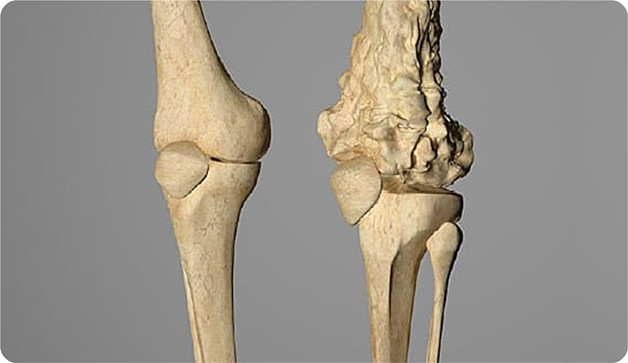Osteosarcoma
Osteosarcoma is a cancer of the bones. It occurs when the cells in the bone begin to divide abnormally. Although it mostly affects the bones, it may also affect soft tissues. This is a rare cancer and can be treated if diagnosed at an early stage.








